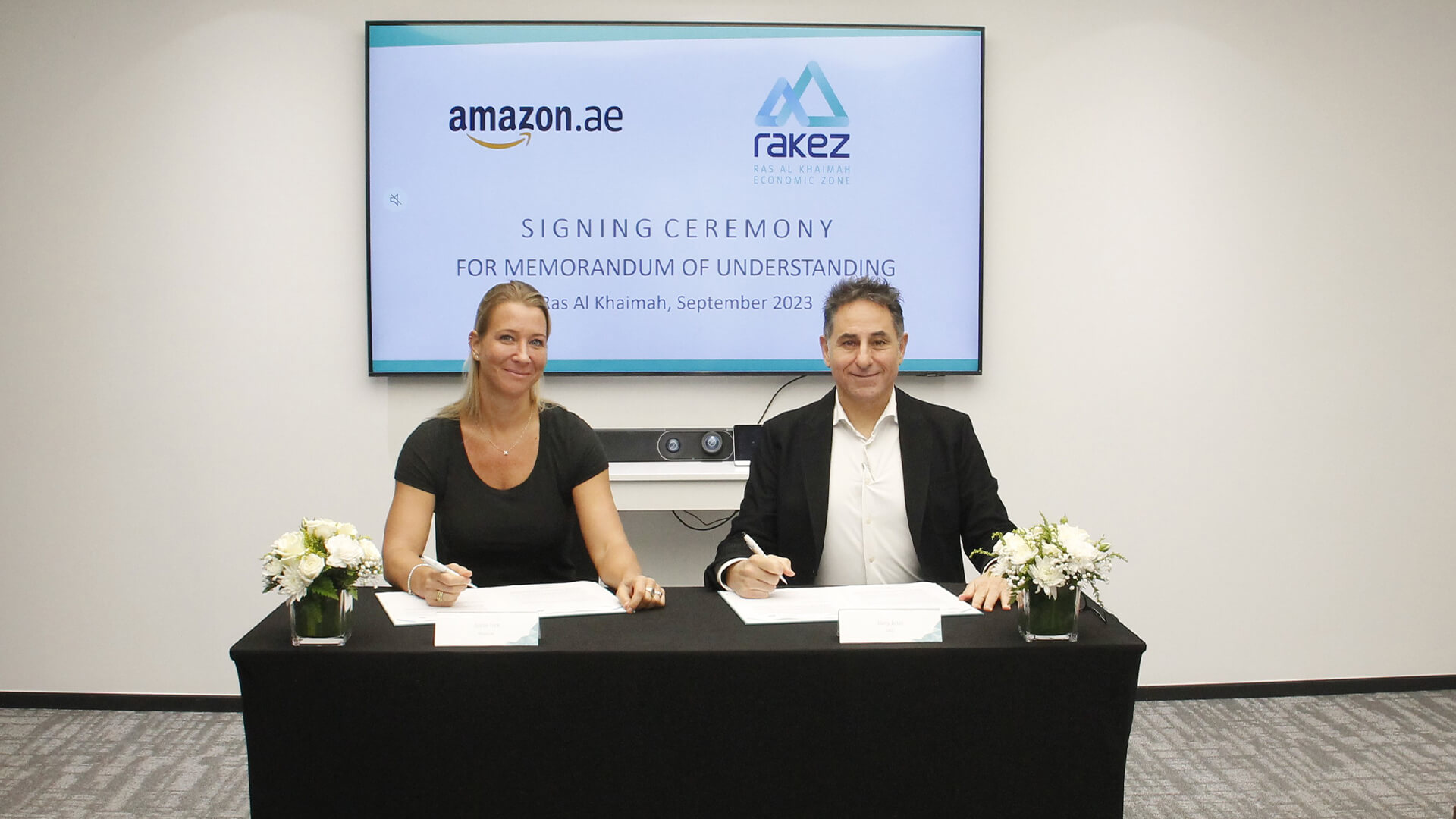
Regional and continental trade pacts open the door to free trade in food and farm goods. The 10th Annual Borderless Conference in Tema, Ghana brought together experts from government, business, and international organizations to look at how to deliver on that potential.
Borderless Alliance, a group which advocates for removing trade barriers, organized the event with the German Development Agency GIZ to look at trade within the 15-member Economic Community of West African States (ECOWAS).
‘This 2023 edition holds particular relevance for the private sector,’ said Jonas Lago, President of Borderless Alliance. ‘It falls upon us to conduct the necessary analysis and devise solutions to tackle the prevailing challenges. Our success in the ECOWAS region would serve as blueprint in the Africa continental area.”
Vianey Lesaffre, a market analyst at the International Trade Centre (ITC) delegation, presented data on domestic regulations and how to address these trade obstacles.
These insights revealed that 60% of the burdensome regulations originate domestically. Using the Trade Obstacle Alert Mechanism (TOAM), a tool developed by ITC, Vianney Lesaffre showed that 51% of the obstacles reported pertain to the agricultural sector.
He also showed data tools in the African Trade Observatory, is another invaluable ITC resource for targeting and resolving issues in agriculture.
Clearing obstacles to trade for both agribusinesses and small-scale cross-border traders can improve food security, said Timothee Bruneteau, trade facilitation adviser at ITC.
He said the AfCFTA Protocol on Trade Facilitation and the WTO Trade Facilitation Agreement have enhanced transparency, predictability, and efficiency. As a result, the costs of trading perishable goods has fallen by 18%.
Innovative technology to make trade easier
Even more innovative and inclusive tools can further boost food trade, while supporting regional efforts to curtail food costs.
For agribusinesses, the ITC Netherlands Trust Fund V (NTF V) has created the FastTrackTech methodology to assess how ready startups are to start trading internationally.
‘The essence of ICT lies in information, and through technology, we drive change,’ said Isaac Newton Acquah, the NTF V national project coordinator for the tech sector.
Often, small businesses think their challenges are financial, when the real obstacle may be solved by technology, he said.
Linking tech associations with small farmers makes technology more accessible, he said, while agents share vital information and build trust, That leads to agricultural growth.
The conference looked at how to strengthen regional value chains. Furthermore, it explored strategies to align domestic policies with the African Continental Free Trade Area (AfCFTA), said Gyand Dermitta, Senior Advisor to the AfCFTA Secretary-General.
In addition, Kabir Hassa, Trade Advisor of the ECOWAS Agricultural Trade (EAT) programme at GIZ, underscored the program’s overarching objective. He stressed the pivotal role it plays in elevating ECOWAS to a level where Africa can fully harness the potential opportunities offered by the AFCFTA, ultimately benefiting the entire African continent. This initiative’s significance lies in its capacity to position ECOWAS to seize the potential of the AFCFTA for the greater good of Africa.
Benonita Bismarck, CEO of Ghana Shippers Authority, emphasized the ‘indispensable role of agricultural value chains. Each stakeholder has a crucial part to play in unlocking the full potential of these value chains.’











